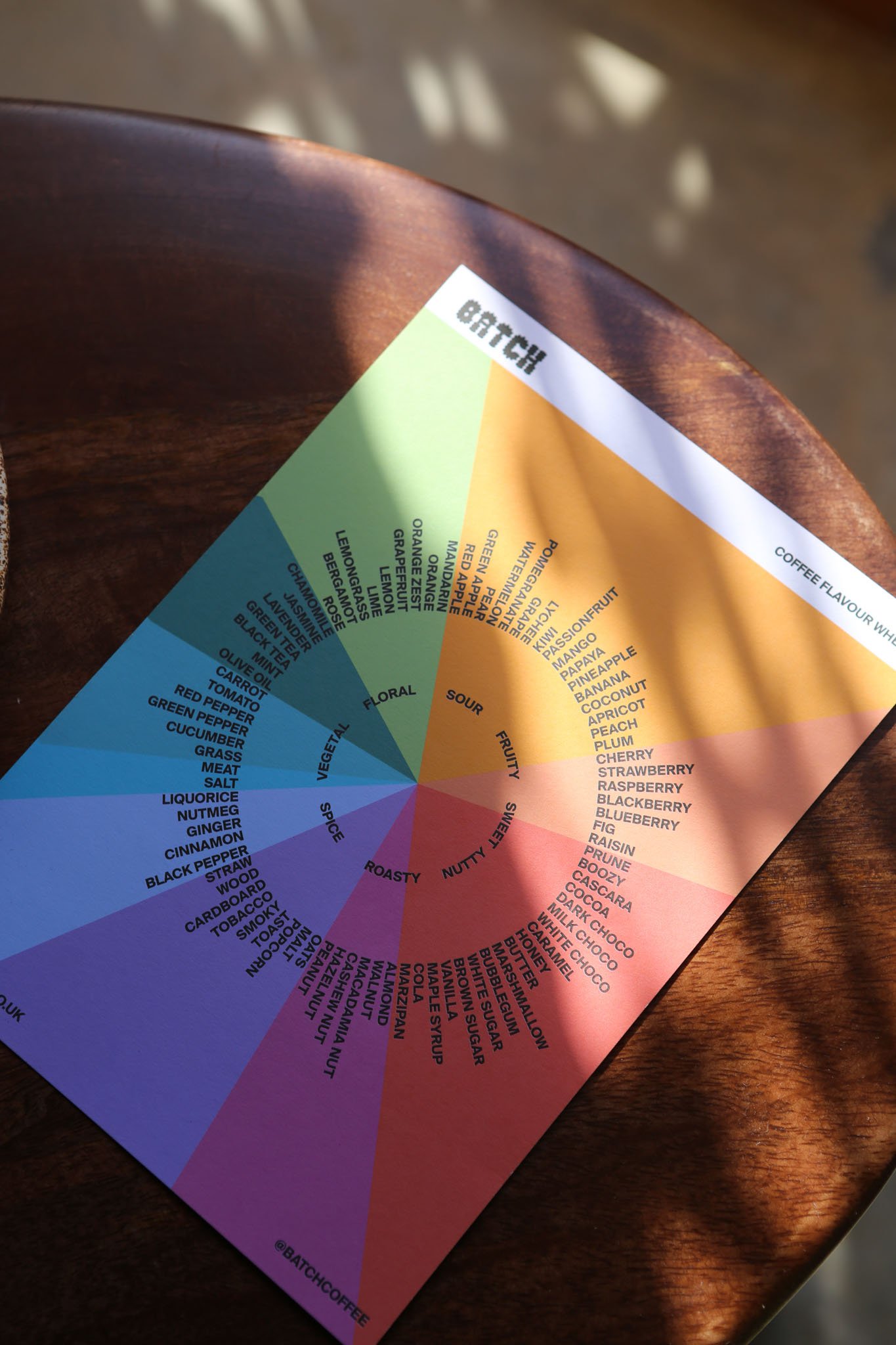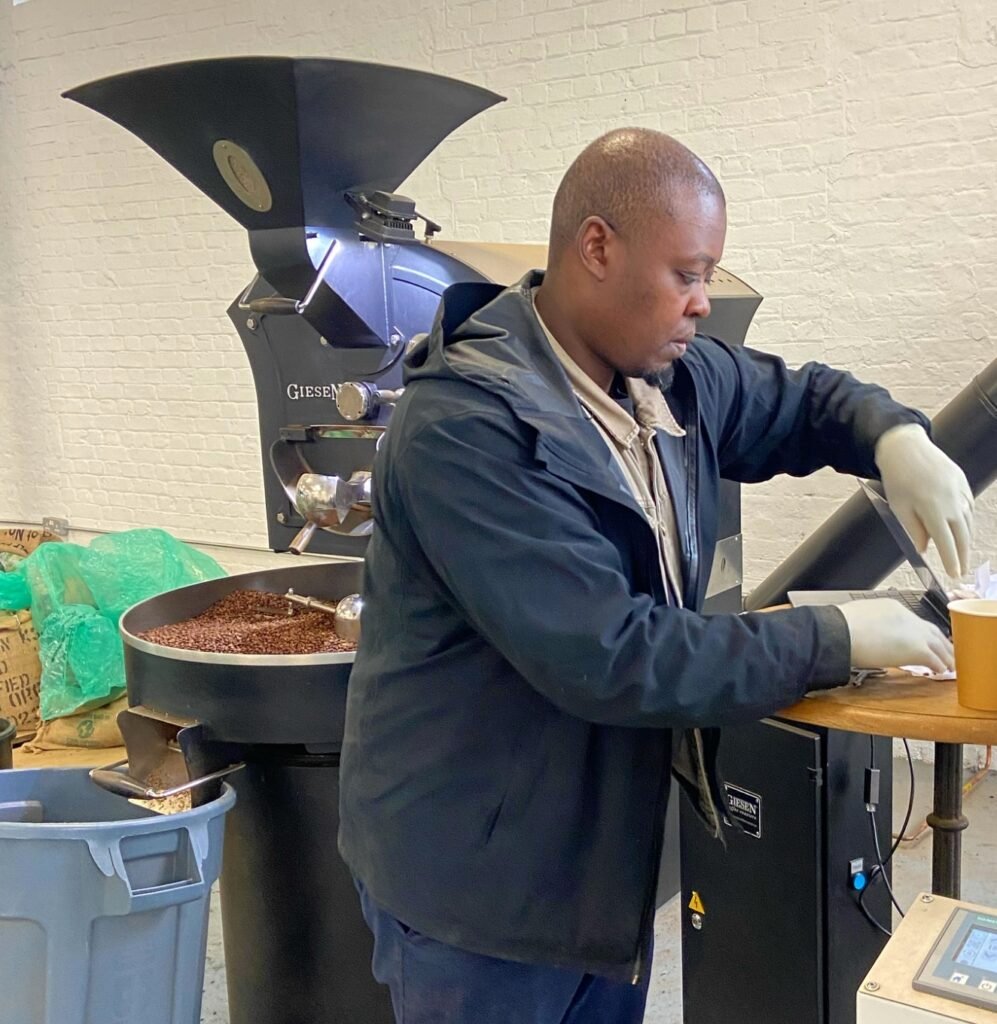How Does Coffee Improve Productivity at Work?
When it comes to coffee, its influence on mental sharpness and mood can be significant. But what exactly is going on?
Boosting Short-Term Memory
I’ve often noticed that a cup of coffee helps me remember tasks more clearly.
Studies show that caffeine can improve short-term memory by enhancing brain activity. This is particularly beneficial when tackling complex tasks that require quick recall.
Research indicates that drinking coffee can improve performance in tasks that test memory, like the Digit Span tests. These tests measure how many numbers someone can remember and recite. Coffee’s impact here suggests its capability to possibly reinforce temporary storage of information.
To summarise, a moderate intake of coffee helps you stay sharp and retain important details, enhancing efficiency and productivity.
Enhancing Concentration
Ever felt like coffee sharpens your focus? Me too.
The active component of coffee, caffeine, acts by preventing the brain’s adenosine receptors from functioning. This increases attentiveness and duration of attention, which is important for intricate decision-making and motor functions.
Through increased alertness, coffee helps me maintain concentration during long work hours or demanding projects. This is particularly evident in tasks requiring sustained attention, where the boost in focus from coffee translates to better outcomes.
Improving Mood and Morale
Beyond just the taste and memory boosting functions coffee also has a positive impact on mood and morale.
Caffeine stimulates the release of neurotransmitters like dopamine and serotonin, which are known to improve mood.
This uplift in spirits can lead to better workplace morale.
When I’m in a better mood, my work is significantly better and I find myself way more productive and focused.
With its ability to improve mood, coffee becomes a valuable ally in maintaining a positive and productive work environment.
The Impact of Coffee on Physical Performance
Coffee, primarily due to its caffeine content, can have various effects on our physical performance. These effects can differ based on the dosage and timing of consumption.
Stamina and Endurance
Coffee can significantly boost stamina and endurance during physical activities. Again, that magical compound, caffeine, the main ingredient in coffee, has been shown to improve performance in aerobic exercises by enhancing the body’s ability to utilise fat as a fuel source.
This means I can often work out for longer periods without feeling as tired.
A study found that consuming caffeine about 60 minutes before exercise can lead to performance gains of between 1% and 8% in activities that require prolonged aerobic effort.
For endurance sports like cycling or long-distance running, this can make a noticeable difference in performance.
Additionally, caffeine helps improve blood flow, which enhances oxygen delivery to the muscles. This can make my physical activities feel less strenuous, allowing me to maintain a higher intensity for longer.
Muscular Performance
Coffee also influences muscular performance. When I drink coffee before resistance training or high-intensity workouts, I often notice that I can lift heavier weights or complete more repetitions.
This is because caffeine increases the number of motor units recruited during muscular contractions, leading to greater force production.
Research indicates that a dosage of 3 to 6 mg per kg of body weight is effective for improving muscular strength and power. This is particularly beneficial for exercises that require short bursts of high-intensity effort, like weightlifting, sprinting, or HIIT workouts.
Moreover, caffeine has been found to delay muscle fatigue by reducing the perception of effort and muscle pain, which can help me push through challenging workouts and achieve better results.
Fatigue Management
Coffee’s ability to reduce weariness is one of its most obvious advantages. Caffeine avoids the fatigue that can impair athletic performance by inhibiting adenosine receptors in the brain. This indicates that even during lengthy or demanding activities, I feel more awake and energised.
Additionally, coffee can enhance cognitive function and reaction time, two things that are critical for sports requiring quick decisions and accurate motions. For instance, performance can be directly impacted by maintaining attention and sharpness in team sports like basketball or football.
Caffeine helps endurance athletes stay energised, which enables me to keep up a steady pace without getting tired too soon. For anyone trying to maximise their physical performance, making sure they are consuming the appropriate amount of caffeine can be essential.








